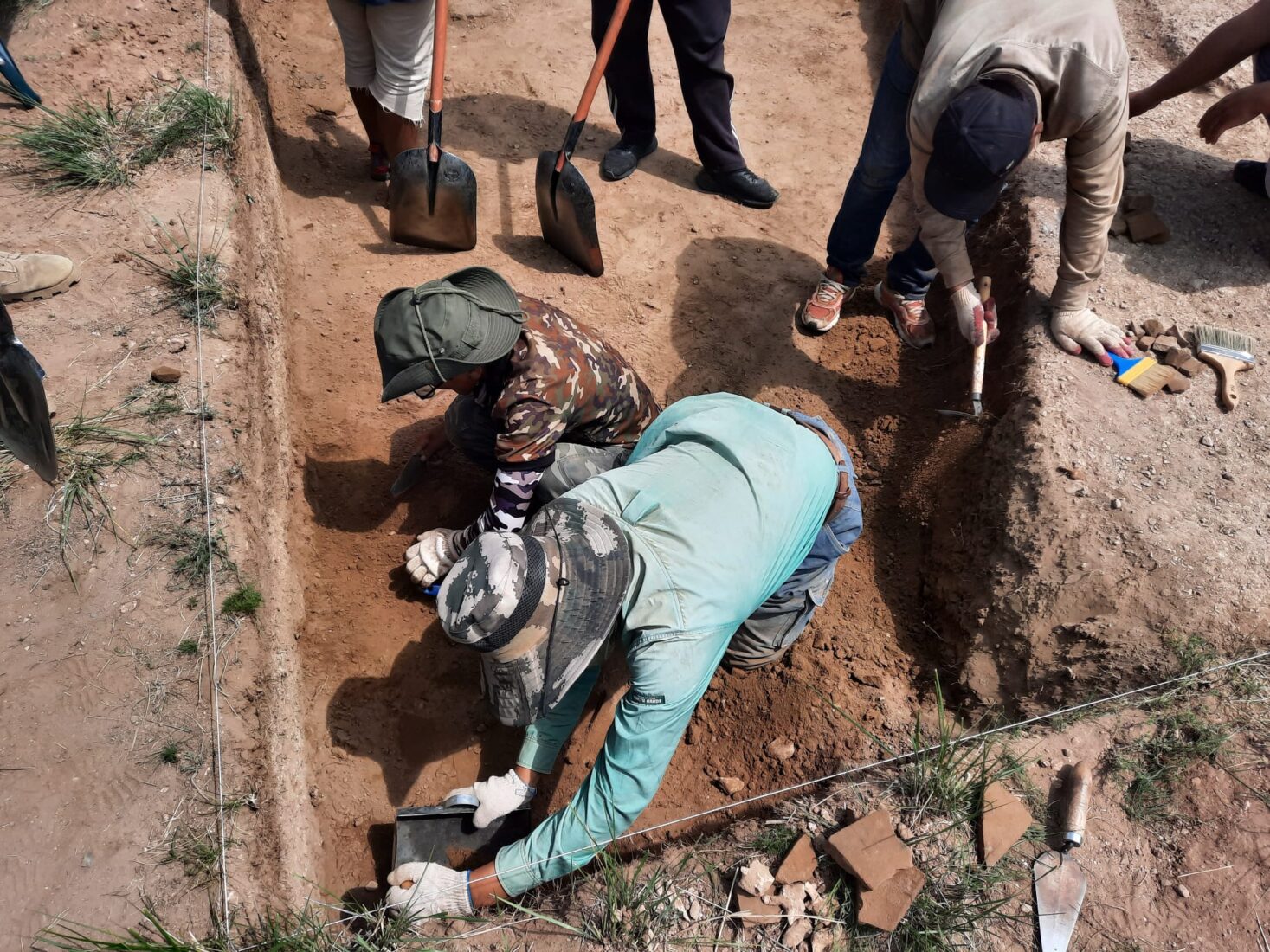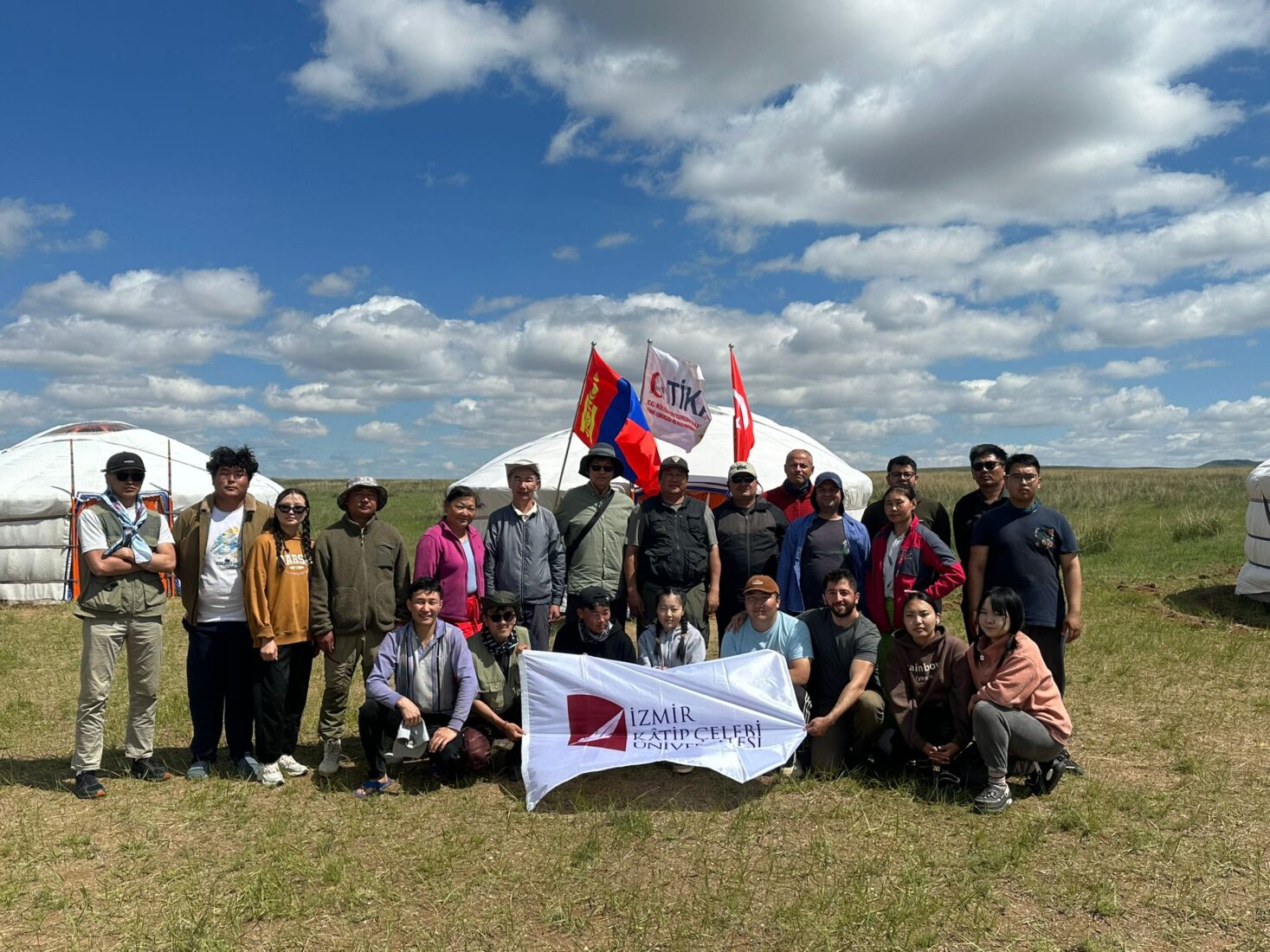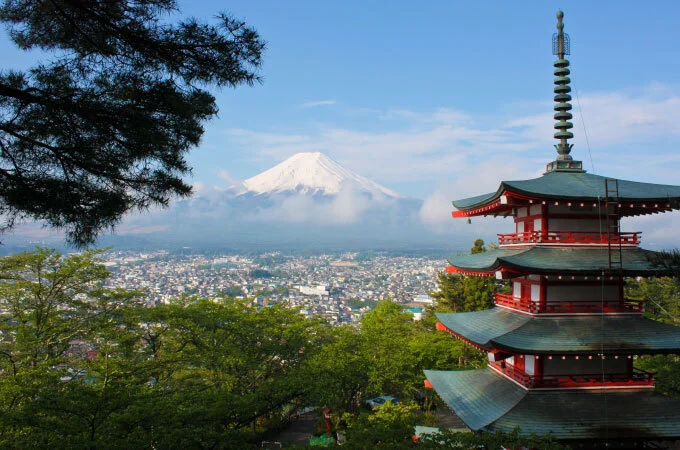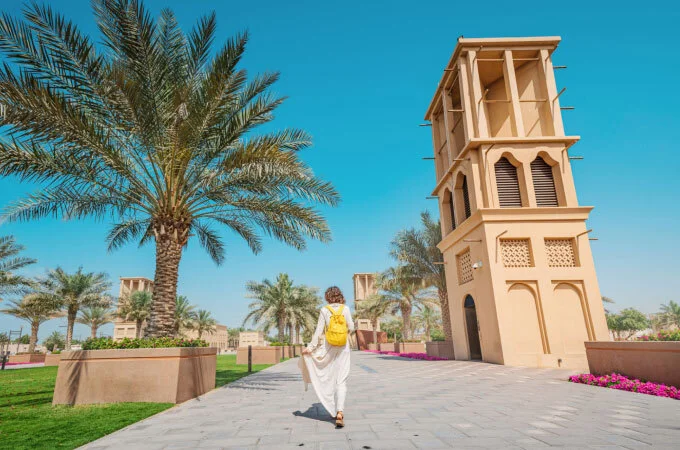
In a groundbreaking archaeological expedition in Mongolia’s Tuul Valley, scientists from Türkiye and Mongolia have uncovered compelling evidence pinpointing the location of Togu Balik, a long-lost city believed to have belonged to Turkic clans known as the “Nine Oghuz.”
Led by Izmir Katip Celebi University (IKCU) and the Mongolian Academy of Sciences Archaeology Institute, this excavation project promises to reshape our understanding of ancient Turkic civilizations.

Uncovering historical significance
Professor Saban Dogan, the project’s lead archaeologist, emphasized the significance of the discovery: “The excavation of this city will significantly advance our understanding of Uyghur settled life, pushing it back by at least 100 years.”
Located within Tuul Valley, the site has yielded artifacts that link it to early Turkic cultural practices, urban development, and provide insights into their beliefs, burial customs and city planning.
Collaboration, discoveries
Under the coordination of IKCU’s Faculty of Social and Humanities Sciences, in collaboration with TIKA (Turkish Cooperation and Coordination Agency), an international team of 30 researchers has been conducting extensive excavations and surface surveys across a 100-square-kilometer area (38.6 square-miles)
Their efforts aim to document and preserve the cultural heritage of Turkic ancestors, encompassing city ruins, burial complexes, kurgans, and petroglyphs.
Importance of findings
Dogan emphasized the significance of archaeological work in Mongolia, noting, “Türkiye’s efforts have been limited compared to countries like Germany, Russia, China and Japan, which have conducted archaeological studies here for nearly 200 years.”
He highlighted the pivotal role of IKCU, Türkiye’s sole institution with a Turkish-Islamic Archaeology department, in advancing research in this critical region.
“The discovery of Togu Balik marks a significant milestone in our understanding of Turkic history,” remarked Dogan.
“This site provides crucial insights into the transition of Turks to settled life.” The team’s findings, including Uyghur ceramics and architectural remains, firmly establish Togu Balık as a key site in early Turkic history, potentially influencing future archaeological endeavors across Eurasia.

As excavations progress, researchers anticipate further revelations that will enhance our knowledge of Turkic civilizations and their lasting impact in Central Asia.
The ongoing collaboration between Türkiye and Mongolia holds promise for uncovering more discoveries that will enrich our understanding of ancient civilizations and their cultural evolution.









:focal(1160x380:1162x378)/origin-imgresizer.eurosport.com/2024/09/23/4043858-82014808-2560-1440.jpg?w=150&resize=150,150&ssl=1)


Leave a comment:
You must be logged in to post a comment.